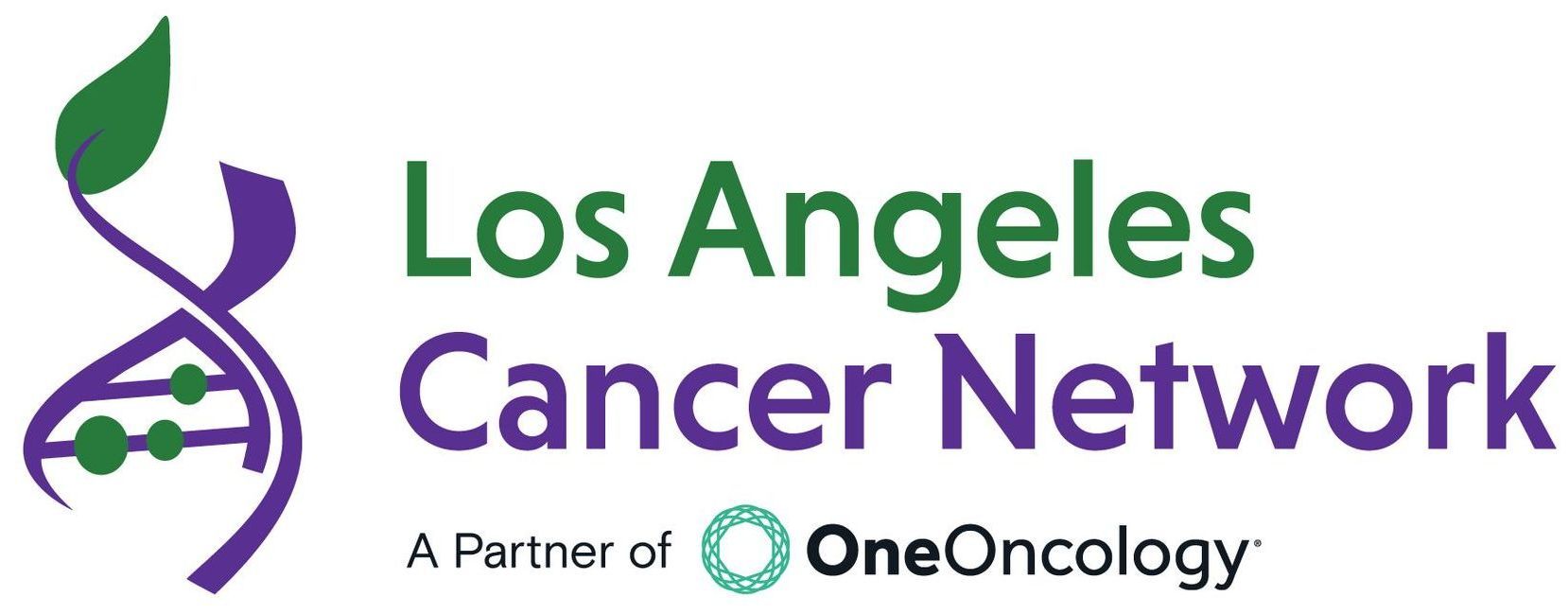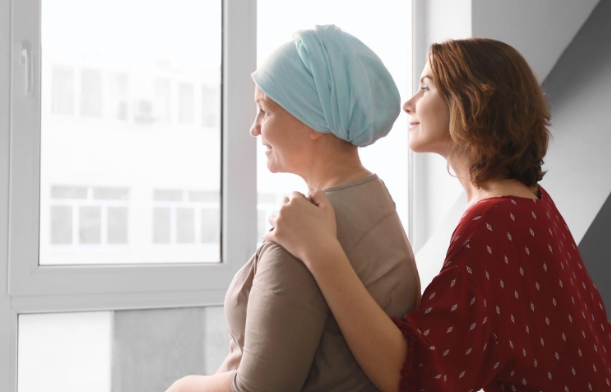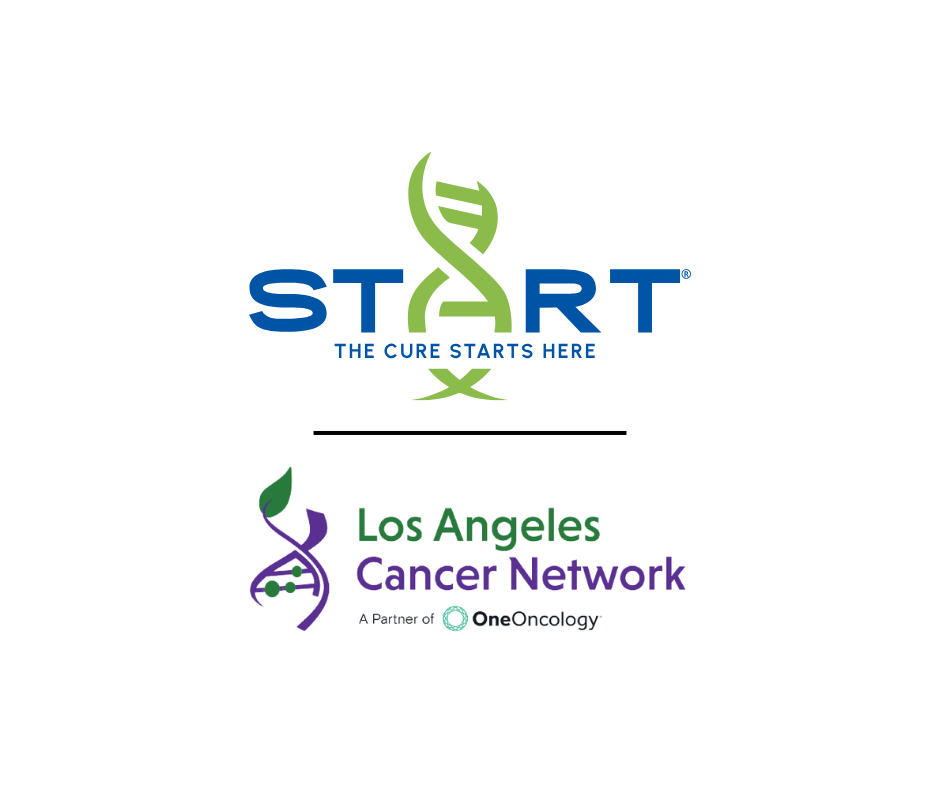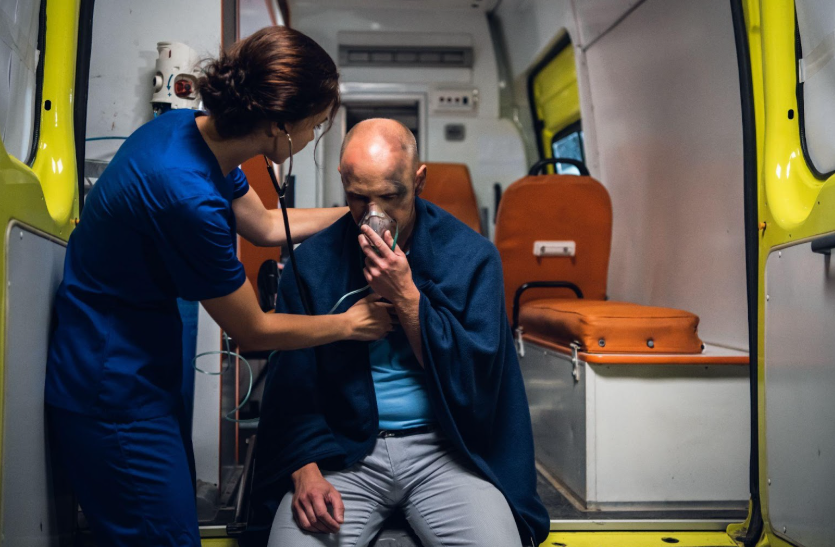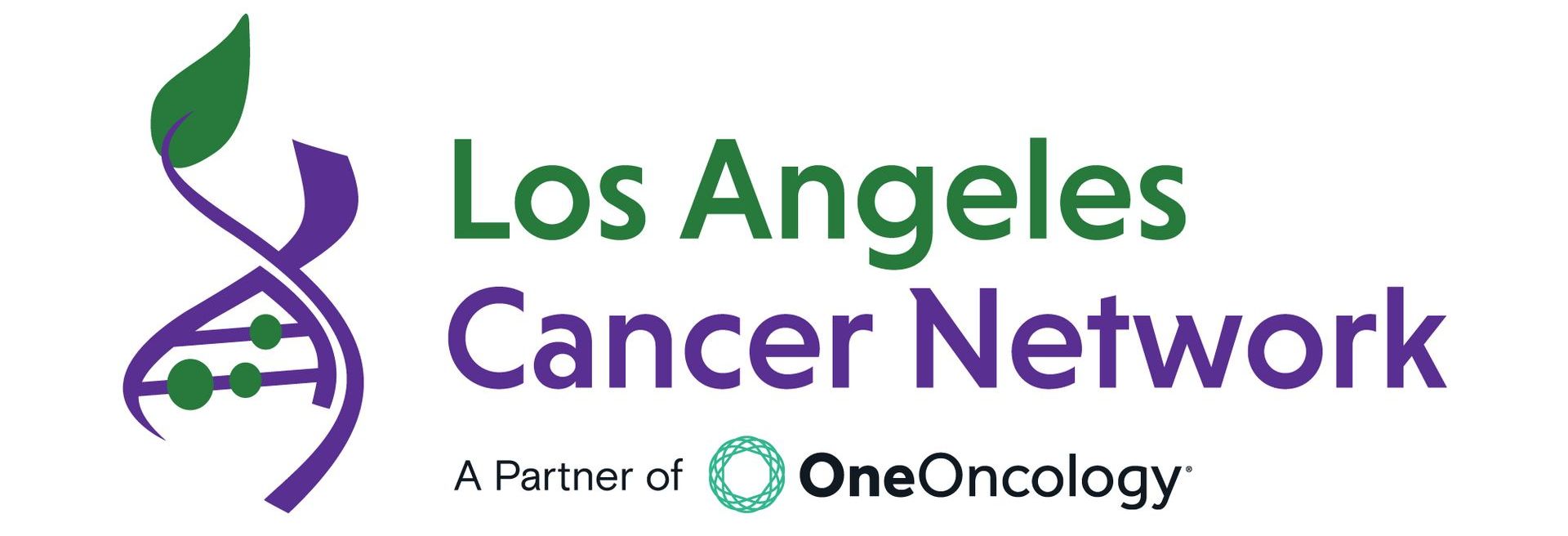What Is a Clinical Trial for Cancer?
What Is a Clinical Trial for Cancer?

Clinical trials are scientific studies conducted to evaluate the safety and effectiveness of new medical interventions, including drugs, treatments, and procedures, on human subjects. These trials help both medical knowledge and patient care grow and expand, but they come with certain risks and considerations.
Want to know more about clinical trials, especially those for cancer? Read on as we get into the various phases of cancer clinical trials, ethical considerations, types of trials, and more.
The Basics of Clinical Trials
Clinical trials are designed to answer specific research questions and collect data to determine the safety and efficacy of medical interventions. The ultimate goal is to find better ways to prevent, diagnose, and treat cancer.
The Phases of Clinical Trials
Typically, there are five phases to clinical trials:
Phase 0: Exploratory Trials
Phase 0, or exploratory trials, involves a small number of participants and aims to determine how a drug behaves in the body and its effects on cancer cells. These trials help researchers decide whether to proceed to Phase I.
Phase I: Safety and Dosage Trials
Phase I trials focus on assessing the safety of a new treatment and determining the most appropriate dosage. They involve a limited number of patients and are crucial in establishing the maximum tolerated dose.
Phase II: Efficacy and Side Effect Assessments
Phase II trials expand the participant pool to evaluate the treatment's efficacy and gather more information on side effects. They provide valuable insights into how well the treatment works against specific types of cancer.
Phase III: Comparative Effectiveness Trials
Phase III trials involve a larger group of participants and compare the new treatment to standard treatments or placebos. These trials help establish whether the new treatment is more effective or has fewer side effects than existing options.
Phase IV: Post-Marketing Surveillance
After treatment is approved by regulatory authorities, Phase IV trials continue to monitor its safety and effectiveness in a broader patient population.
Key Players in Clinical Trials
In cancer clinical trials, the following people are usually involved:
- Principal Investigators (PIs): Medical professionals responsible for conducting the clinical trial and overseeing patient care. They ensure the study adheres to ethical guidelines and regulations.
- Institutional Review Boards (IRBs): IRBs are independent committees that review and approve clinical trial protocols to protect the rights and welfare of participants.
- Sponsors and Funding Agencies: Sponsors provide financial and logistical support for clinical trials, and funding agencies may include government organizations or private institutions.
The Importance of Clinical Trials in Cancer Research
Clinical trials have led to significant breakthroughs in cancer treatment, resulting in improved survival rates and better disease management. Through trials, researchers develop and test targeted therapies that attack cancer cells while sparing healthy tissues. Trials also provide valuable data to help healthcare providers make informed decisions about patient care.
Participating in a Clinical Trial
If you’re considering participating in a clinical trial for cancer research, you should know about the following:
Understanding Informed Consent
Informed consent is a crucial aspect of clinical trials, ensuring participants are fully aware of the study's purpose, procedures, potential benefits, and risks before agreeing to participate.
Inclusion and Exclusion Criteria
Clinical trials have specific criteria to select participants who represent the intended patient population while excluding those who may complicate the study results.
The Trial Process: Screening, Treatment, and Follow-up
The trial process involves various stages, including participant screening, treatment administration, and follow-up assessments to track progress and collect data.
Potential Benefits and Risks of Participation
Participants may gain access to promising treatments and contribute to medical advancements, but there are also potential risks and uncertainties associated with clinical trials.
Types of Cancer Clinical Trials
Just as there are many types of cancer, there are also many types of cancer clinical trials, such as the following:
Prevention Trials
These trials focus on finding ways to prevent cancer from occurring in high-risk individuals or reducing the risk of cancer recurrence.
Treatment Trials
These trials typically fall into one of three types:
- Chemotherapy Trials: These trials explore new chemotherapy agents or novel combinations to improve treatment outcomes.
- Immunotherapy Trials: Immunotherapy trials investigate treatments that enhance the body's immune response to fight cancer.
- Targeted Therapy Trials: These trials study treatments that specifically target genetic or molecular abnormalities found in certain cancers.
Supportive Care Trials
Supportive care trials aim to improve the quality of life and manage side effects experienced by cancer patients during treatment.
Palliative Care Trials
Palliative care trials focus on enhancing comfort and relieving symptoms in patients with advanced cancer.
Screening and Early Detection Trials
These trials evaluate new screening methods or tests to detect cancer at earlier stages, when treatment may be more effective.
Ethical Considerations in Cancer Clinical Trials
All those involved in cancer clinical trials must keep certain ethical considerations in mind, including:
- Informed Consent and Patient Autonomy: Participants make voluntary and well-informed decisions.
- Ensuring Patient Safety and Privacy: Patient safety is of utmost importance, with privacy measures in place to protect personal information.
- Balancing the Need for Clinical Research with Patient Care: Researchers must strike a balance between advancing medical knowledge and providing optimal patient care.
- Addressing Ethical Dilemmas in Cancer Research: Ethical dilemmas require careful consideration and ethical review by IRBs.
Challenges and Limitations of Cancer Clinical Trials
Recruiting and retaining participants can be challenging, impacting the pace and success of trials and subsequent research. Clinical trials also require significant funding, presenting difficulty in securing the necessary resources.
Frequently Asked Questions (FAQs)
Some frequently asked questions about cancer clinical trials include the following:
Are Clinical Trials Safe?
Clinical trials prioritize participant safety, and rigorous monitoring is conducted to minimize risks.
How Can I Find Clinical Trials for Cancer?
Various online databases and resources help individuals find relevant clinical trials based on their specific condition and location. At LA Cancer Network, we partner with OneR to make clinical trials easier for people to reach, and we have a list of the trials we are currently taking part in on our website.
Will I Receive a Placebo in a Cancer Clinical Trial?
The use of placebos in cancer clinical trials is carefully considered and typically depends on the study's design and ethical considerations.
Can I Leave a Clinical Trial at Any Time?
To put it simply, yes! As a participant, you have the right to withdraw from a clinical trial whenever you like without facing any consequences.
At
LA Cancer Network, we’re ready to help you find the trial and treatment you need.
Contact us today to learn more about what we can offer you and your loved ones with cancer.


